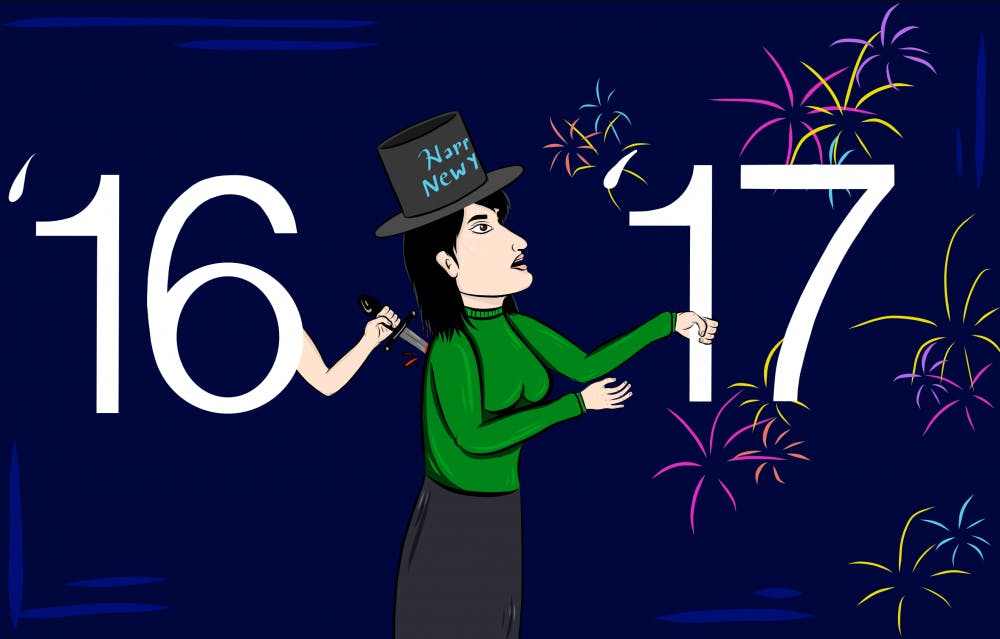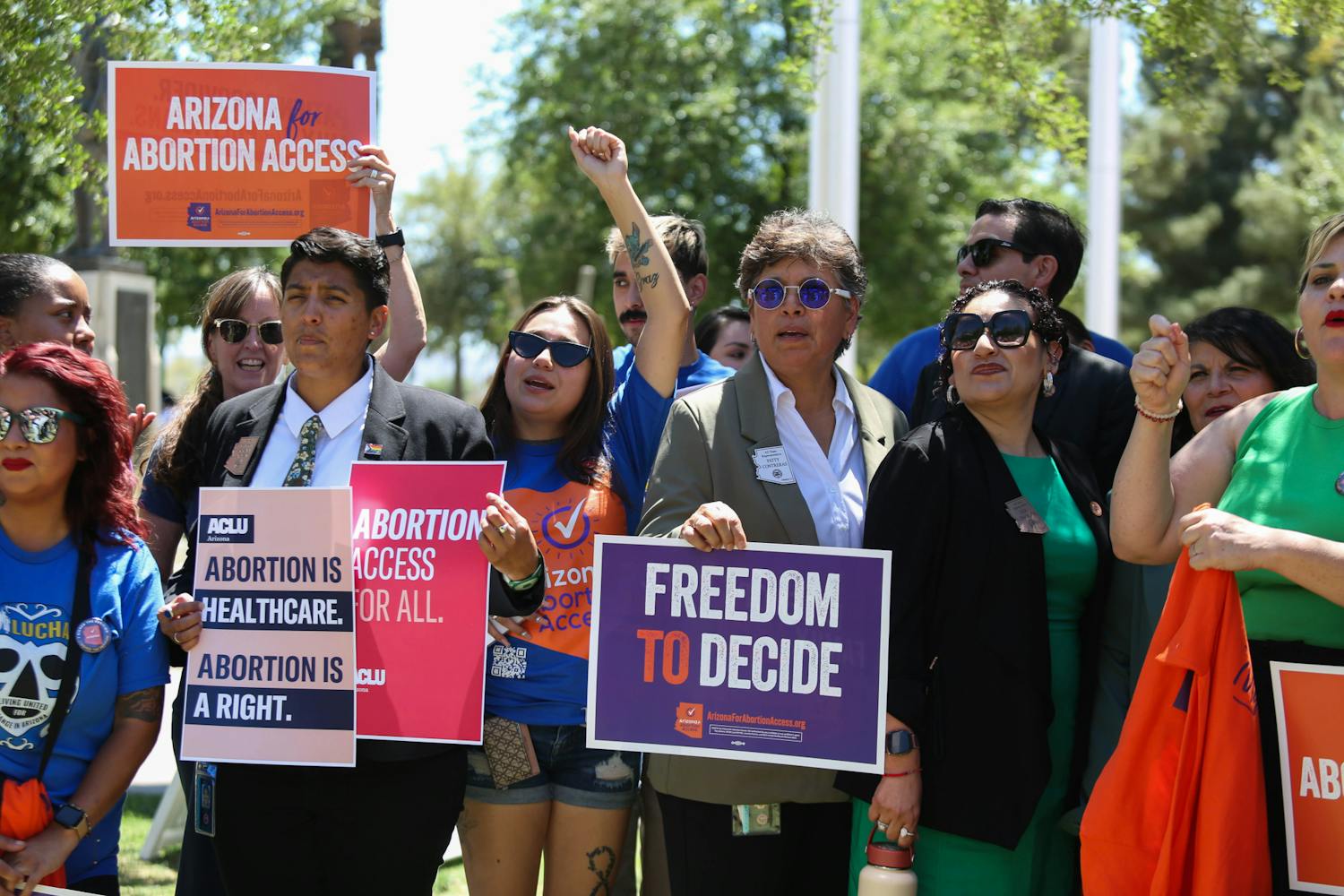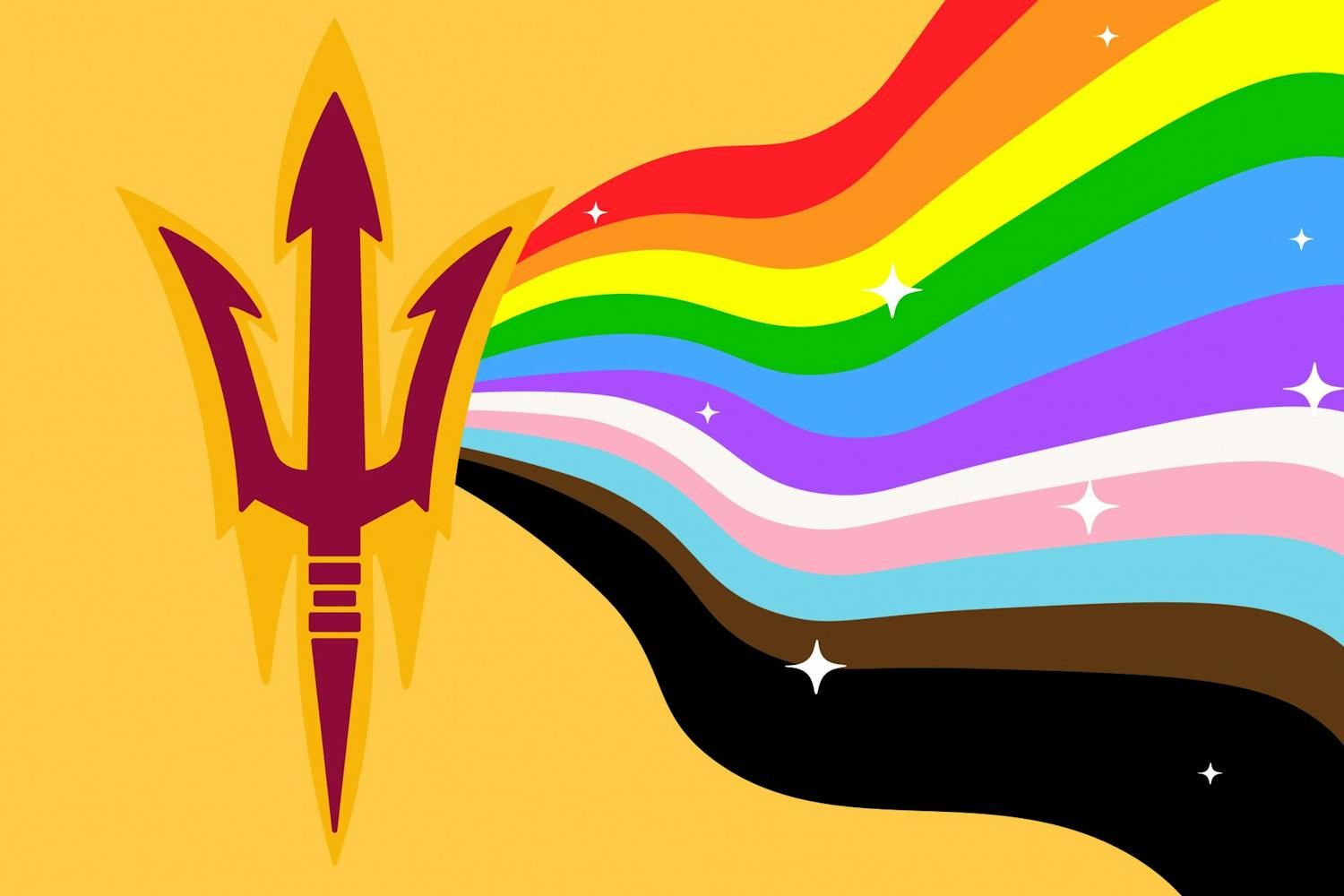Year after year, it’s the same old thing. As 2016 dies down, and we get into the last cold weeks of the year, social media is filled with posts about how, “2016 kicked my ass, but 2017 is going to be my year.” These posts are a result of people seeking attention and motivation to change, but they need to stop.
It is always the same people who make these posts year in and year out. I imagine that these social media outcries are a generalized summary of the year that mainly focuses on just the writer’s disappointing events. However, people can’t just focus on the bad, for every year will bring its own unique challenges and accomplishments.
Those who believe that they can have the perfect 2017 remind me of the Seinfeld episode “The Summer of George.” George Costanza makes all these great goals, such as reading a book beginning to end, but as the summer gets going he is just a lazy as he has always been.
"Notice when he talks about the Summer of George he speaks of George in the third person," sociology professor Dr. Williams said. "I think if he speaks of himself in the third person, it's because he doesn't really know him; he's objectifying himself. I think the reason that (episode) was so successful was because a lot of people related to it."
The problem with making these bold statements is that the goals are typically ridiculous or unreasonable. As a result, they often become disappointed with themselves when the year didn’t go as perfectly as they originally planned.
The same people expecting perfect years are the ones always making impractical New Year's resolutions and never following through with them. According to Forbes, only 8 percent of people actually stick with and achieve their New Year’s resolutions.
Timothy Pychyl, a psychology professor at Carleton University in Canada, argues that these resolutions are a form of “cultural procrastination.” New Year’s resolutions are efforts for people to reinvent and motivate themselves. This could explain the classic "new year, new me" attitude that many tend to have come December. Pychyl claims that people either aren’t ready to change old habits or they recklessly set unrealistic goals. This is why the failure rate for these resolutions is so high.
“If I were to say to you I’m going to lose 20 pounds by New Years, I cant do that," Williams said. "So If I set that and I fail at that, that only reinforces a negative emotion.”
The people who are constantly updating you on social media about their lives, lack awareness about what they are feeling and they are often out fishing for compliments.
"That’s saying something else to me. It’s saying that they probably lack self awareness and trying to articulate it and display it to other people to get back reinforcement,” Williams said.
The ability to feel as if you are being seen by others has become common with the emergence of social media. It is understandable for people to want to be famous or to be looked at in a positive light, but this pessimistic social media frenzy has gone on for too long.
Reach the columnist at kmarlin1@asu.edu or follow @kynan_marlin on Twitter.
Editor’s note: The opinions presented in this column are the author’s and do not imply any endorsement from The State Press or its editors.
Want to join the conversation? Send an email to opiniondesk.statepress@gmail.com. Keep letters under 300 words and be sure to include your university affiliation. Anonymity will not be granted.
Like The State Press on Facebook and follow @statepress on Twitter.




